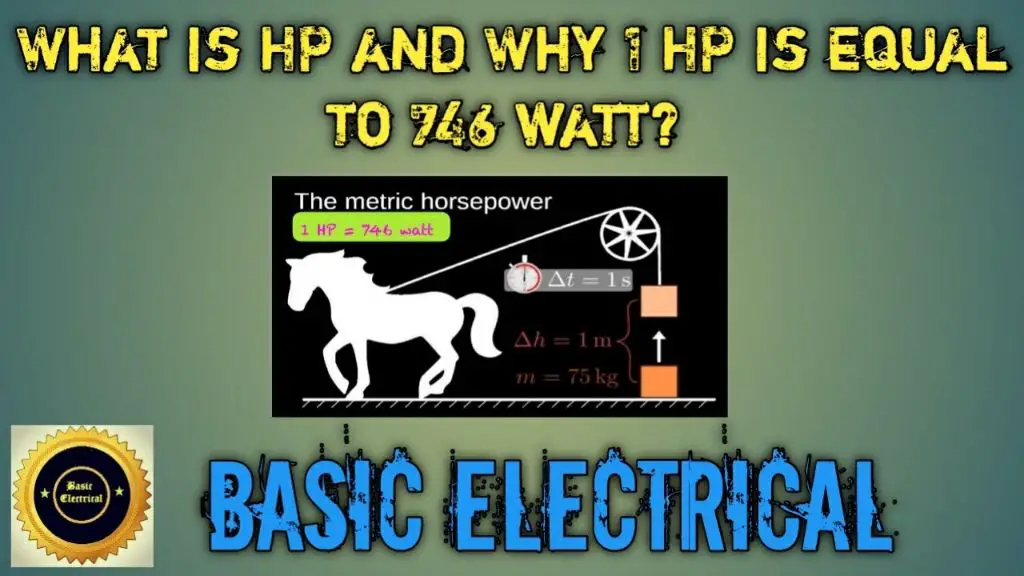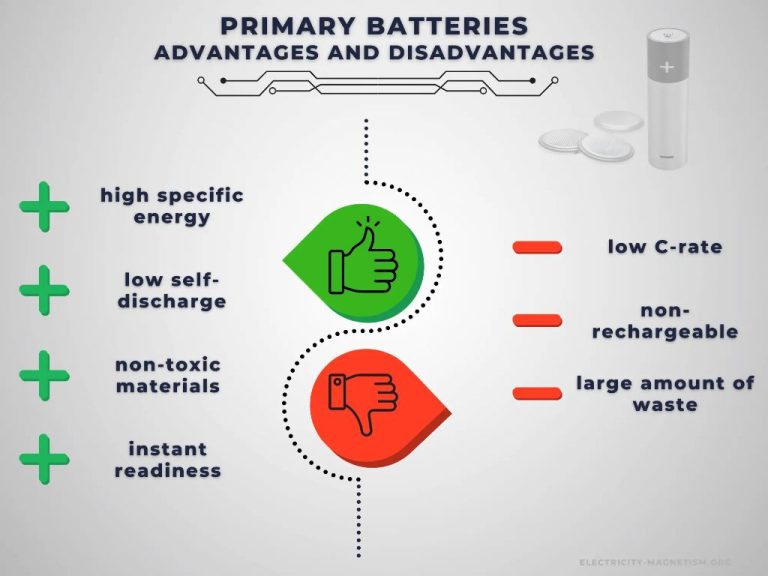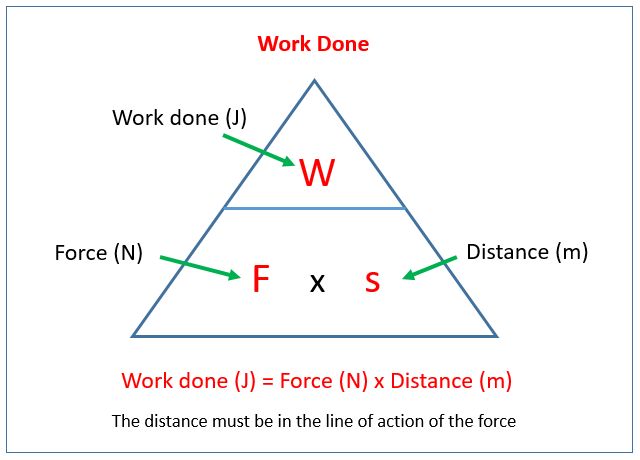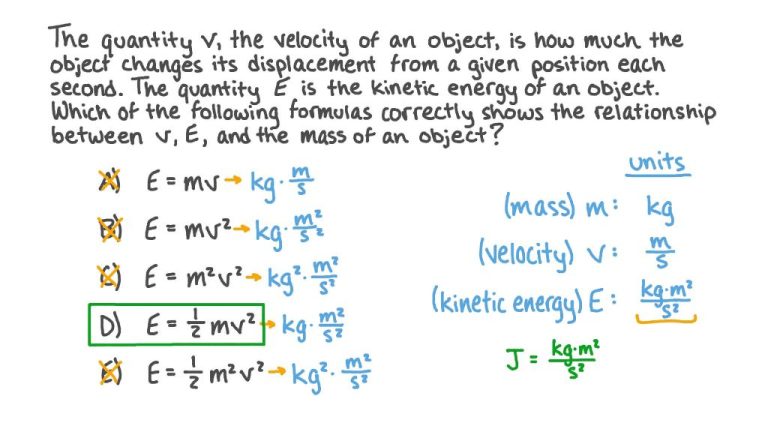How Do You Convert Units Of Power?
Power is defined as the rate at which energy is transferred or converted over time. It is measured in units such as watts, horsepower, and BTUs per hour. Converting between different units of power is often necessary in fields like engineering, construction, physics, and energy production. Understanding power conversions allows equipment and processes from around the world to be compared using a standard unit. It also enables calculations and measurements using preferred local units to be understood globally. Converting power units is important for ensuring the proper specifications, performance, and safety during the design, building, and operation of power systems and machinery.
Units of Power
The most common units used to measure power are:
- Watts – The standard SI unit of power. Abbreviated as W.
- Horsepower – A non-SI unit of power commonly used to rate engines and motors. Abbreviated as hp.
- BTUs per hour – A non-SI unit measuring the amount of heat energy transferred in BTUs (British thermal units) per hour. Used to describe power output of furnaces, boilers, etc.
- Kilowatts – Equal to 1,000 watts. Abbreviated as kW.
- Megawatts – Equal to 1,000 kilowatts or 1,000,000 watts. Abbreviated as MW.
- Kilocalories per second – A metric unit of power equal to 1,000 calories per second. Abbreviated as kcal/s.
There are many other more specialized units for measuring power, but these are the most prevalent.
Unit Conversions
To accurately convert between different units of power, you need to know the conversion factors between them. Here are some of the most common power unit conversions:
Watts to Horsepower
To convert watts to horsepower, use the conversion:
1 horsepower (hp) = 746 watts
So to convert watts to horsepower, divide the watts by 746. For example, 746 watts is equivalent to 1 horsepower:
746 watts / 746 = 1 horsepower
Horsepower to Watts
To convert horsepower to watts, use the conversion:
1 horsepower (hp) = 746 watts
So to convert horsepower to watts, multiply the horsepower by 746. For example, 1 horsepower is equivalent to 746 watts:
1 horsepower x 746 = 746 watts
Watts to Horsepower
Converting watts to horsepower is straightforward using a simple conversion formula. The relationship between watts and horsepower is:

1 horsepower = 746 watts
To convert watts to horsepower, divide the watts by 746:
Horsepower = Watts / 746
For example, to convert 2,000 watts to horsepower:
Horsepower = 2,000 Watts / 746
Horsepower = 2.68
So 2,000 watts is equal to 2.68 horsepower.
As another example, to convert 5,000 watts to horsepower:
Horsepower = 5,000 Watts / 746
Horsepower = 6.7
Therefore, 5,000 watts equals 6.7 horsepower. This straightforward watts to horsepower conversion can be applied for any wattage value.
Horsepower to Watts
Converting between horsepower and watts is straightforward. Horsepower and watts are both units used to measure power. Here are the steps to convert from horsepower to watts:
1. Identify the value in horsepower that you want to convert. For example, let’s say we want to convert 150 horsepower to watts.
2. Use the conversion ratio of 1 horsepower = 746 watts. This means that 1 unit of horsepower is equal to 746 units of watts.
3. Multiply the horsepower value by the conversion ratio to convert to watts.
150 horsepower x (1 horsepower / 746 watts) = 150 x 746 = 111,900 watts
So 150 horsepower equals 111,900 watts when converted. Let’s look at another example:
Convert 75 horsepower to watts:
75 horsepower x (1 horsepower / 746 watts) = 75 x 746 = 55,950 watts
Therefore, 75 horsepower equals 55,950 watts.
As you can see, to convert from horsepower to watts, simply multiply the horsepower value by 746. This conversion ratio allows easy conversion between the two units of power.
BTUs per Hour to Watts
BTU stands for British Thermal Unit, which is a unit of heat energy. The conversion between BTUs per hour and watts is useful when dealing with power systems that use different units.
To convert BTUs per hour to watts, we use the following conversion ratio:
1 BTU per hour = 0.2931 watts
Let’s look at an example:
Convert 10,000 BTU per hour to watts:
10,000 BTU per hour x 0.2931 watts per BTU per hour = 2,931 watts
So 10,000 BTU per hour is equivalent to 2,931 watts.
As another example, let’s convert 50,000 BTU per hour to watts:
50,000 BTU per hour x 0.2931 watts per BTU per hour = 14,655 watts
Therefore, 50,000 BTU per hour equals 14,655 watts.
To summarize, to convert a power rating in BTUs per hour to watts, simply multiply the BTUs per hour by 0.2931. This conversion allows you to quickly calculate equivalent power ratings between these two common units.
Watts to BTUs per Hour
To convert watts (W) to British thermal units per hour (BTU/h), you need to multiply the watts by 3.412141633.
This conversion uses the following relationship:
- 1 watt (W) = 3.412141633 BTU/h
Here are some examples of converting watts to BTU/h:
- 100 W x 3.412141633 = 341.2141633 BTU/h
- 500 W x 3.412141633 = 1706.070817 BTU/h
- 2000 W x 3.412141633 = 6824.283266 BTU/h
To summarize, to convert a power in watts to BTU/h, simply multiply the watts by 3.412141633. This conversion factor allows you to seamlessly convert between the two common power units.
Other Conversions
There are several other common power unit conversions that are useful to know.
To convert kilocalories per hour (kcal/h) to watts, multiply by 1.163:
kcal/h x 1.163 = Watts
For example, 500 kcal/h x 1.163 = 581.5 Watts
To convert foot-pounds per minute (ft-lb/min) to horsepower, divide by 33,000:
ft-lb/min ÷ 33,000 = Horsepower
For example, 10,000 ft-lb/min ÷ 33,000 = 0.303 Horsepower
To convert joules per second (J/s) to watts, they are equivalent units since 1 watt = 1 joule/second. So no conversion factor is needed.
For example, 250 J/s = 250 Watts
Knowing how to convert between the many units of power allows calculations and comparisons across different systems and contexts.
Applications
Power unit conversions are useful in many real-world contexts:
Engineering and construction projects often require converting between units like horsepower, watts, and BTUs/hour when sizing electrical systems, motors, generators, HVAC equipment, and more. Knowing how to quickly convert between power units helps ensure system components are properly sized.
In the automotive industry, engine power is often rated in horsepower or kilowatts, while dynamometer testing equipment may measure in watts. Mechanics need to convert units to compare engine dyno readings to factory power specs.
Physics, electronics, and other scientific fields rely on standard international units like watts for calculations and measurements. However, some equipment may use non-SI units, requiring unit conversions to relate data.
Energy audits for homes and buildings involve measuring power draw of appliances, lighting, and HVAC systems. Units like watts, BTUs/hour, and horsepower must be interconverted to analyze energy use and make efficiency recommendations.
In summary, power unit conversions bridge the gap between disparate equipment, data sources, and disciplines – making complex projects and analyses possible.
Conclusion
In conclusion, being able to convert between different units of power is an important skill in many technical fields. We looked at some of the most common power conversions, including between watts, horsepower, and BTUs per hour.
The key points to remember are:
- 1 watt is equal to 0.00134 horsepower
- 1 horsepower is equal to 745.7 watts
- 1 watt is approximately equal to 3.412 BTUs per hour
- 1 BTU per hour is approximately equal to 0.2931 watts
Having a solid understanding of these power conversions allows engineers, technicians, and scientists to work efficiently between different units and systems of measurement. The ability to convert power units on the fly is crucial for performing calculations, following instructions properly, and ensuring devices are rated and operating at the correct specifications.




